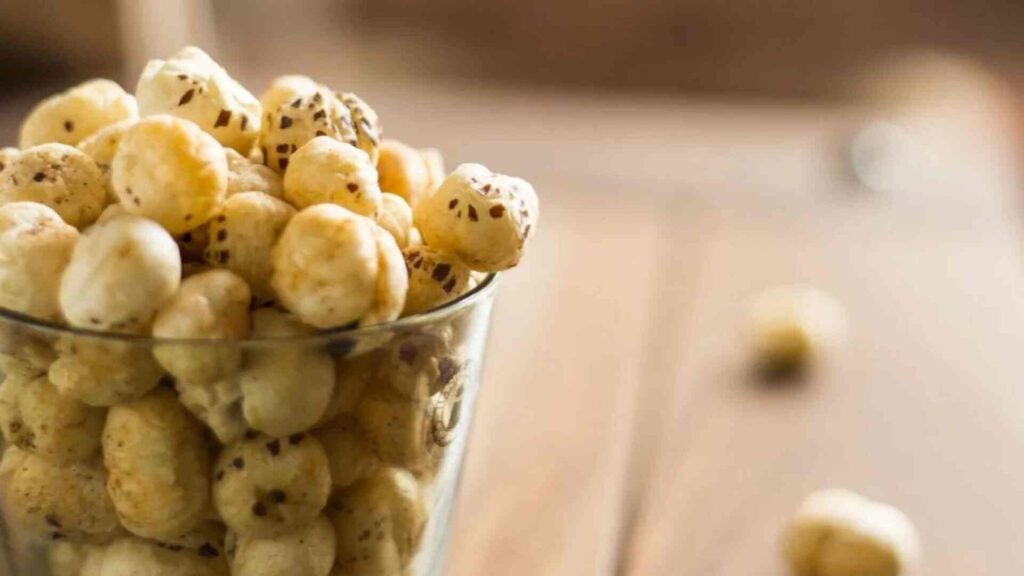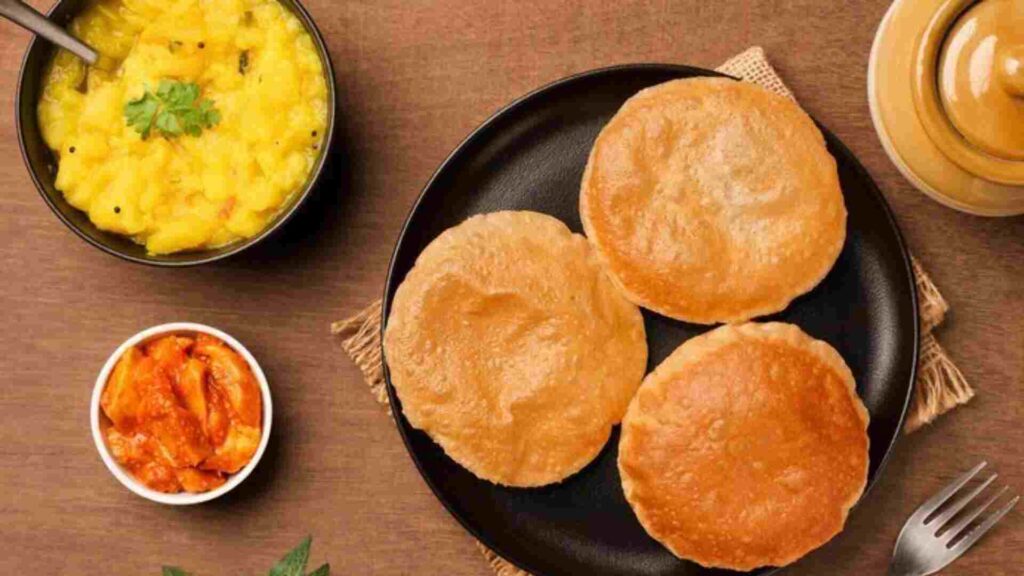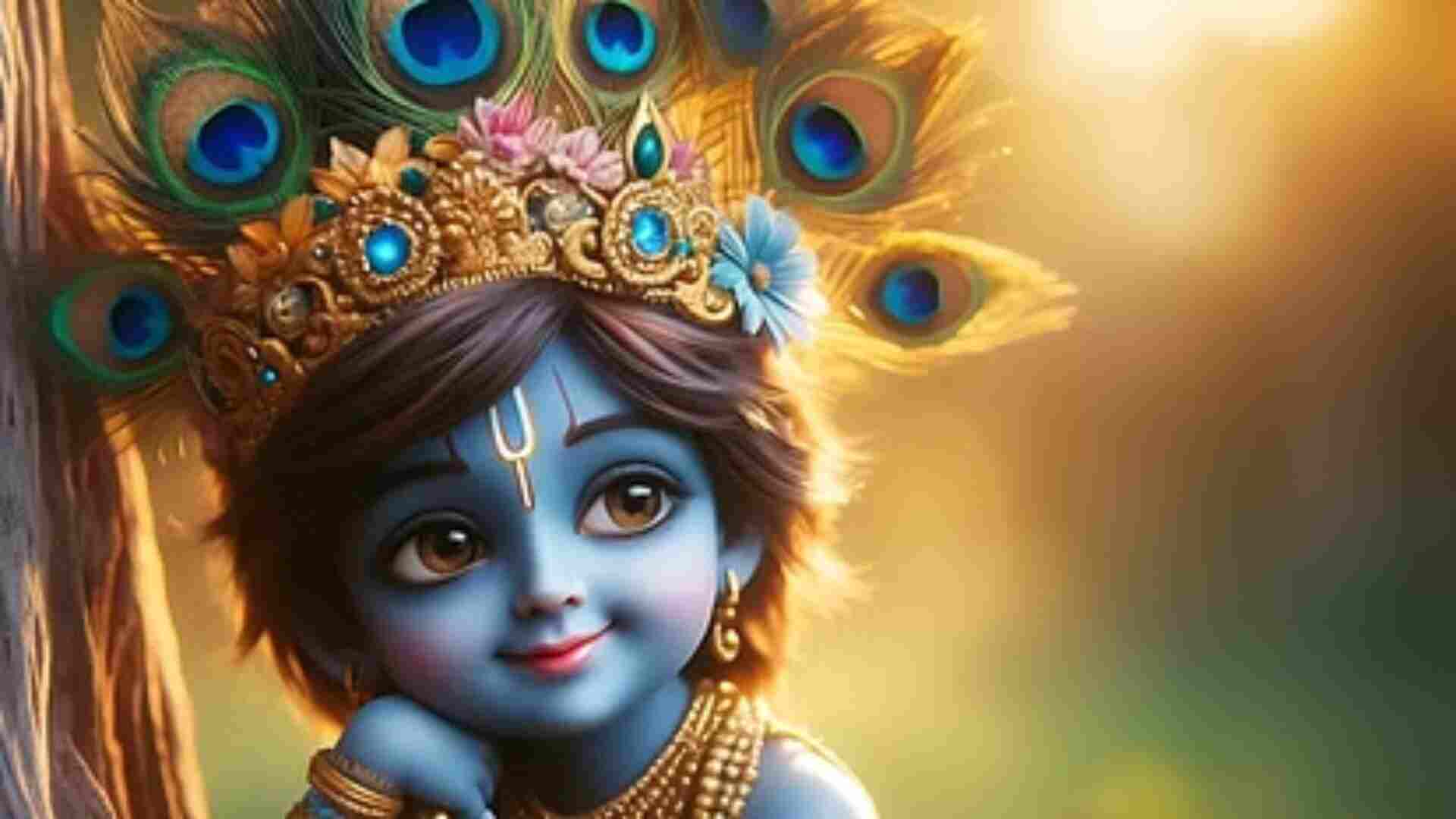As Janmashtami approaches, devotees around the world prepare to celebrate the birth of Lord Krishna, a significant event in the Hindu tradition. This year, Janmashtami falls on August 26th, coinciding with the eighth day of the dark fortnight of Bhadrapada.
One of the core practices of Janmashtami is fasting. This ancient ritual is considered a way to purify both the body and mind, helping devotees forge a deeper connection with the divine. However, to ensure that fasting enhances rather than diminishes your well-being, it’s crucial to approach it with mindfulness. Here are some expert-recommended practices to make your fast both spiritually fulfilling and physically beneficial.
Mindful Festive Snacking

Fasting at Janmashtami
Being conscious of what you eat during fasting is important, as snacking can lead to overindulgence. Instead of opting for fried foods like fries and pakodas, choose healthier alternatives such as nuts (like almonds), makhanas, and fruits. Almonds are particularly beneficial for heart health, weight management, and diabetes control. They also provide a steady source of energy, which is especially helpful during fasting. Their satiating nature can make the fasting experience more manageable.
Staying Hydrated

Stay Hydrated
Hydration is crucial for overall health, and its importance increases during fasting. Dehydration can lead to fatigue, headaches, and irritability, which can be particularly challenging when fasting. Ensure you drink plenty of water and consider including fruit juices and coconut water to maintain hydration.
Breaking the Fast Mindfully

Fasting at Janmashtami
How you break your fast is just as important as the fasting itself. Doing so mindfully helps your body transition smoothly after a period of not eating. Consuming large quantities of food or eating too quickly can cause bloating and discomfort. It’s best to start with lighter, easily digestible foods to allow your stomach to adjust and process food properly. This approach helps maintain steady energy levels and prevents overeating, benefiting your overall health.
Listening to Your Body

Fasting at Janmashtami
Fasting involves more than just abstaining from food; it requires paying attention to your body’s needs. If you experience weakness or dizziness, it’s important to break your fast with light, healthy foods. Nutritionists suggest that fasting should rejuvenate and cleanse your body, not leave you feeling drained. For those with health conditions such as diabetes or low blood pressure, consulting a healthcare professional before beginning a fast is advisable.
In summary, fasting during Janmashtami can be a spiritually enriching experience when approached with care and mindfulness. By making thoughtful choices about your snacks, prioritizing hydration, selecting light and Satvik meals, and breaking your fast with awareness, you can ensure a fasting experience that is both spiritually rewarding and physically beneficial. Remember, the true purpose of fasting is to purify and energize both body and mind, fostering a deeper connection with the divine. Always listen to your body’s signals and seek professional advice if you have existing health concerns.
Contributed by: Dr. Rohini Patil, MBBS and Nutritionist







